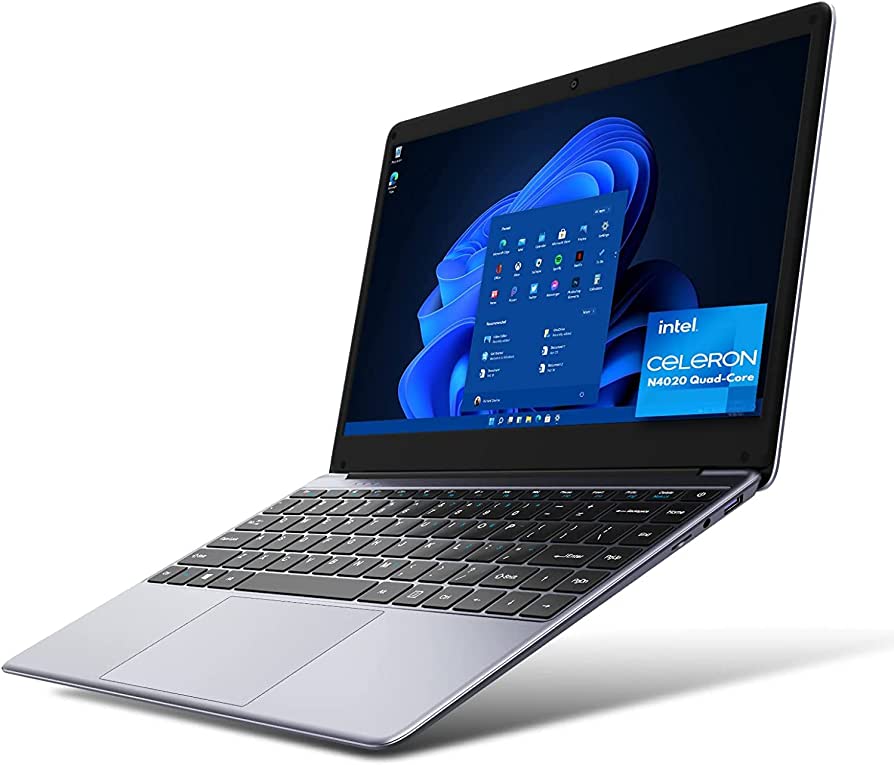As technology continues to advance, it is important to keep up with the latest hardware specifications to get the best performance from your computer. One of the most important components of a computer is its memory, or RAM (Random Access Memory). This is the component responsible for storing data that the computer is currently using, and the more you have, the better your computer will perform.
When it comes to choosing how much RAM to get, the question of whether 8GB is better than 4GB often arises. While 4GB of RAM may be sufficient for basic tasks, it is not recommended for more demanding applications. This is because when you have multiple applications open, your computer will need to use more memory to keep everything running smoothly.
If you only use your computer for basic tasks such as browsing the internet, checking emails, and using Microsoft Office, then 4GB of RAM may be enough. However, if you like to have multiple applications open at the same time or use more demanding applications such as photo or video editing software, then 8GB of RAM is definitely recommended.
The reason why 8GB of RAM is better than 4GB is that it provides enough memory for most users to perform basic productivity tasks, as well as run more demanding applications without experiencing any performance issues. With 8GB of RAM, you can open multiple tabs in your browser, run Microsoft Office, and even play less demanding games without experiencing any lag or slowdowns.
While some budget laptops may only come with 4GB of RAM due to cost constraints, it is highly recommended to invest in a laptop with at least 8GB of RAM if you can afford it. This will ensure that you have enough memory to handle any tasks or applications that you may need to use, both now and in the future.
When it comes to choosing how much RAM to get, 8GB is definitely better than 4GB. This is because 8GB of RAM provides enough memory to handle most productivity tasks and less demanding games, as well as run more demanding applications without experiencing any performance issues. So, if you want to ensure that your computer runs smoothly and efficiently, investing in a laptop with at least 8GB of RAM is highly recommended.

Comparing the Performance of 8GB and 4GB Memory
When it comes to computer performance, having more RAM generally means a faster and smoother experience. This is because RAM (Random Access Memory) is the temporary storage space where the computer stores data and applications that are currently in use. The more RAM a computer has, the more data it can store and access quickly, which can result in faster performance.
In the case of 8GB versus 4GB of RAM, a computer with 8GB of RAM will generally be faster than a computer with only 4GB of RAM. This is because 8GB of RAM provides more space for the computer to store and access data and applications, which can result in faster speeds when multitasking or running memory-intensive programs.
However, it’s important to note that the amount of RAM is not the only factor that affects computer performance. Other factors such as the processor, storage, and graphics card can also impact performance. Additionally, having more RAM than your computer needs will not necessarily make it faster. It’s important to have the right amount of RAM for your specific usage needs.
8GB of RAM is generally faster than 4GB of RAM, but it’s important to consider other factors that can affect performance and ensure that you have the right amount of RAM for your specific usage needs.
Is 8GB of Memory Sufficient?
When it comes to determining how much memory is enough for your computer, it depends on your specific usage needs. However, in general, 8 GB of memory is considered to be sufficient for most basic computer tasks. This amount of memory allows you to run multiple applications at once without experiencing a significant drop in performance. It is also enough to support basic gaming and multimedia activities.
However, if you are a power user who frequently performs resource-intensive tasks such as video editing or 3D rendering, you may require more memory. In such cases, upgrading to 16 GB or even 32 GB of RAM may be necessary to ensure smooth and efficient performance.
While 8 GB of memory is enough for most basic computer usage needs, it ultimately depends on your specific usage requirements. If you are a power user, you may need to consider upgrading to higher amounts of RAM to ensure optimal performance.
Is 8GB of RAM Sufficient for a Laptop?
When it comes to the amount of RAM that a laptop should have, the answer is not always straightforward. The amount of RAM you need depends on the tasks you plan to perform on your laptop. However, for most people, 8GB RAM should be enough.
8GB RAM is sufficient for basic office work, web browsing, and streaming videos. It is also enough for most casual gamers who don’t play graphics-intensive games. With 8GB RAM, you should be able to multitask without experiencing any significant slowdowns.
However, if you plan to use your laptop for more demanding tasks such as video editing, graphic design, or running multiple virtual machines, you may need more than 8GB of RAM. In such cases, 16GB or more would be suitable.
It’s also worth noting that the performance of your laptop’s RAM is not only determined by its capacity but also its speed. So, even if you have 8GB of RAM, if it’s slow, your laptop’s performance may still suffer.
8GB RAM is sufficient for most people’s needs, but if you plan to perform more demanding tasks, you may need more.
Comparing 4GB RAM and 8GB RAM
When it comes to choosing between 4GB RAM and 8GB RAM, the latter is definitely the better option. While 4GB RAM may be sufficient for basic tasks like web browsing, word processing, and streaming videos, it can quickly become insufficient for more demanding applications like photo or video editing, gaming, or running multiple programs simultaneously.
On the other hand, 8GB RAM is considered the sweet spot for the majority of users, providing enough RAM for virtually all productivity tasks and less demanding games. It also allows for smoother multitasking and faster application loading times, as well as better overall system performance.
While 4GB RAM may be enough for basic usage, 8GB RAM is the recommended minimum for most users who want to ensure optimal performance and efficiency from their computer.
Conclusion
Memory (RAM) plays a crucial role in the overall performance of a computer. The amount of RAM you have installed can significantly affect how well your computer runs when you have multiple applications open. While 4GB of RAM is the minimum requirement for basic tasks, 8GB of RAM is considered the sweet spot for most users, providing enough memory for productivity tasks, gaming, and multitasking. However, the downside to having a higher capacity RAM is the cost, which may not be feasible for those on a tight budget. It’s essential to consider your needs and budget when selecting the amount of RAM for your computer. Regardless, having enough RAM is essential for a smooth and efficient computing experience.








